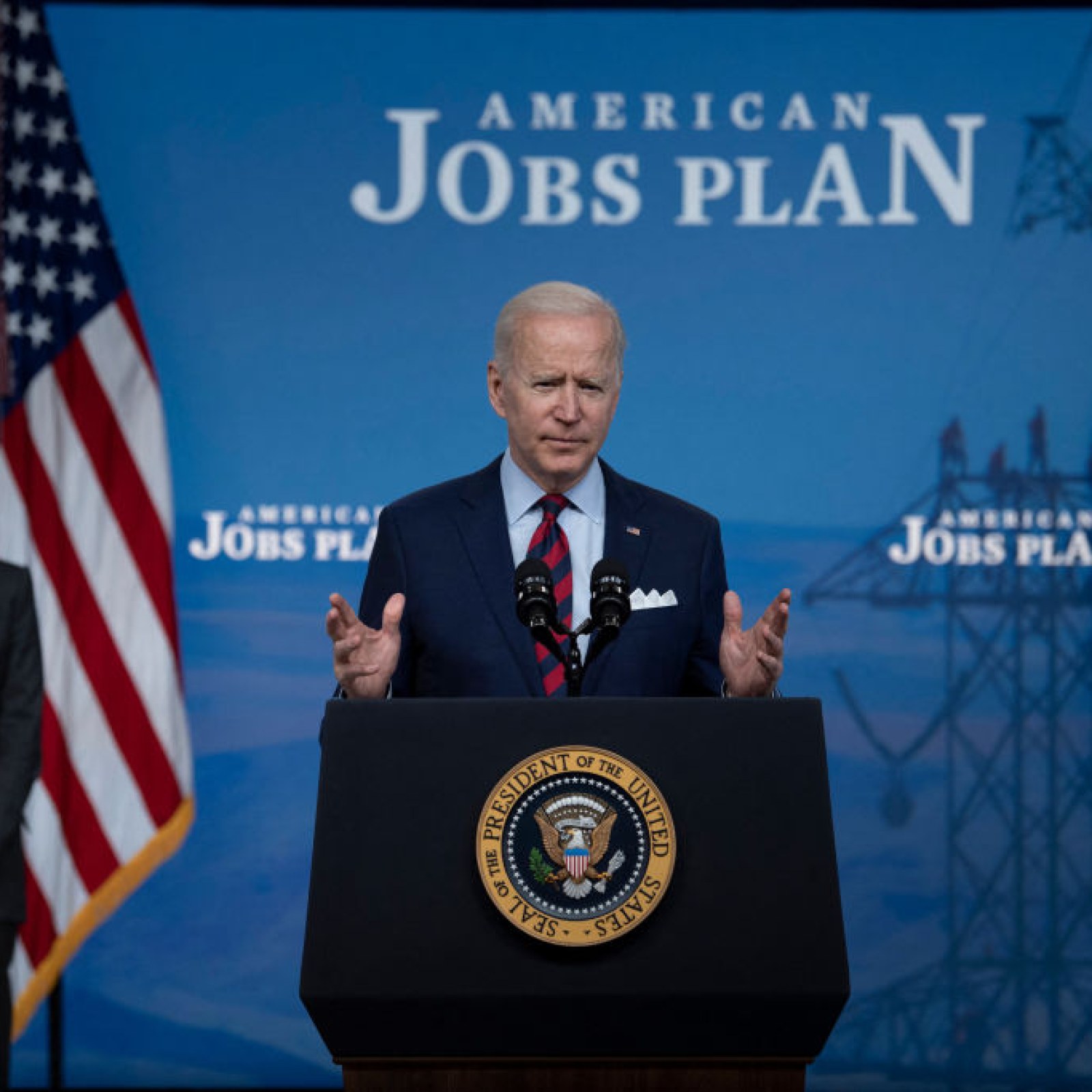The Minsk Betrayal
The process of canceling the Minsk peace agreements to stop the war in the Donbass region in Ukraine is now on hold. By announcing this news, Washington, D.C. is dotting the i’s in the protracted debate over the quality and future of these agreements — whether the countries need them, whether the agreements are good or bad, effective or stillborn.
The U.S. Department of State has asserted that the United States is supporting the agreements and considers them to be basic to a diplomatic resolution of the conflict — with no viable alternative. Kyiv is not happy about the news. Moscow is not satisfied either. The United States claims that Russia bears the main responsibility for not fulfilling the Minsk protocol because Russia is unwilling to compromise.
Someone asked White House Press Secretary Jen Psaki a direct question about whether the United States is willing to join the so-called Normandy Format (including representatives of Germany, Russia, Ukraine and France). “I would forward this question to the State Department to answer. Probably, it is the appropriate body to answer it,”* Psaki responded, bluffing her way out of the conversation and demonstrating her ability to avoid answering a question while making the answer clear. It is clear now that the “Normandy Four” will not turn into the “Washington Five.”
So what is all the ado about, surrounding the Minsk protocol? Dmitry Peskov, press secretary for Russia's president, even referred to it as “an alarm signal.”
Kyiv launched a general offensive against the current format of the Minsk agreements a while ago. All the senior government executives, deputies and mass media are fully mobilized and actively participate in it. After the State Department’s announcement, President of Ukraine Volodymyr Zelenskiy made it clear that even though the Minsk agreement should stay in place, certain points should be changed. As he had done before, Zelenskiy pushed for expanding a negotiation platform. He stated that this platform could exist either as a new version of the Normandy Format or as a completely new one that would include powerful states, and it could work in parallel with the Normandy group. The idea of reforming the Minsk protocol remains linked to the idea that the United States will join the Normandy Format and Ukraine will find peace again.
Yet, Washington is not going to join any group. The United States preferred to jump ship, which for Kyiv is nothing else but betrayal: “zrada.” This is the reality.
But why does the United States not want to scrap the Minsk agreements and change the Normandy Format?
The answer is in fact very simple. To further pressure Russia, Washington does not need to create new agreements and become a part of the diplomacy process on Ukraine. Washington does not need to be a part of the negotiation process; it just has to support it.
A major difference between these two configurations is that if Washington were a part of the process, it would have to share all the responsibilities for the peace process.
But the United States does not want to be responsible for the peacemaking process in Ukraine. Why would it? Here, the logic is similar to the one the United States uses when discussing the question of Ukraine joining NATO: It is better to be able to affect the process, but without being directly involved.
So, the Minsk agreements are not going anywhere. Everyone will have to eat what is on the menu. There is no alternative.
*Editor’s note: Although accurately translated, this quoted passage could not be independently verified.

